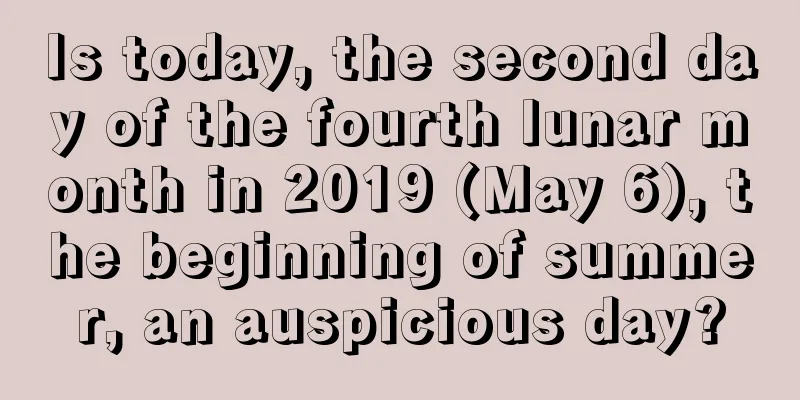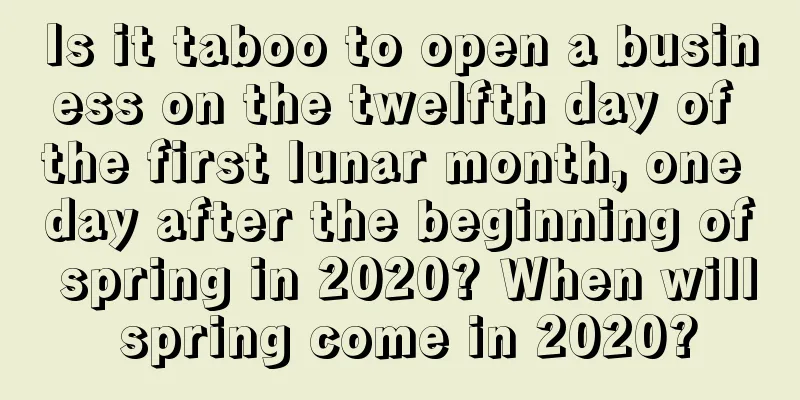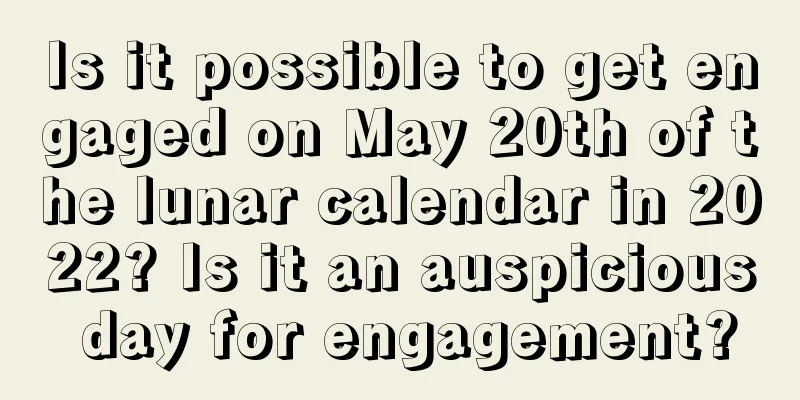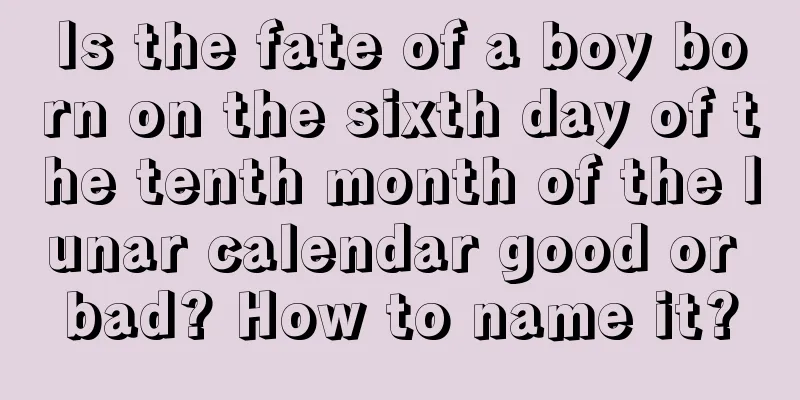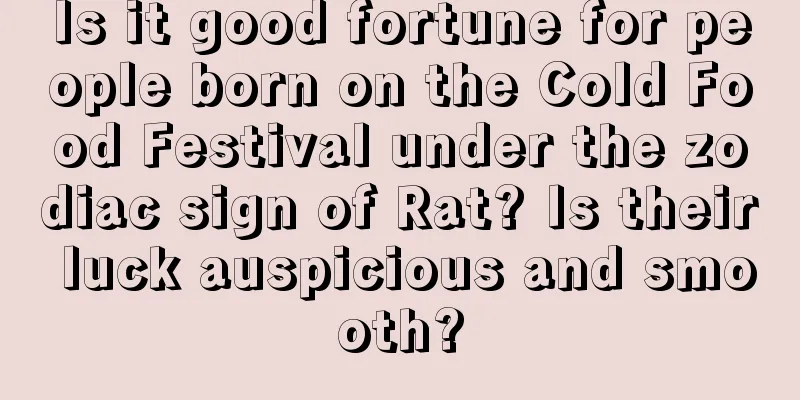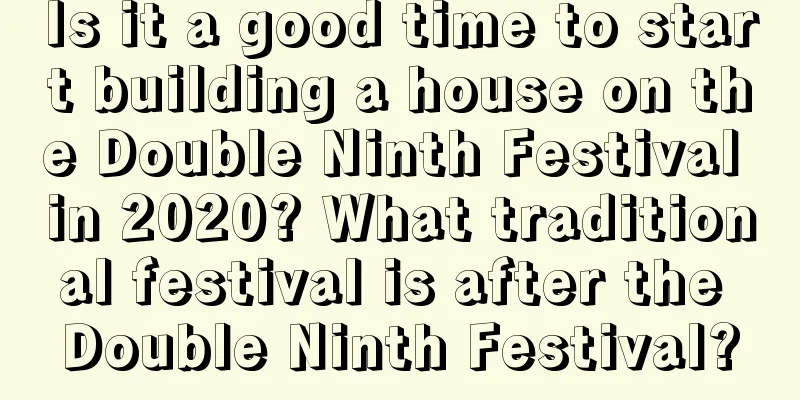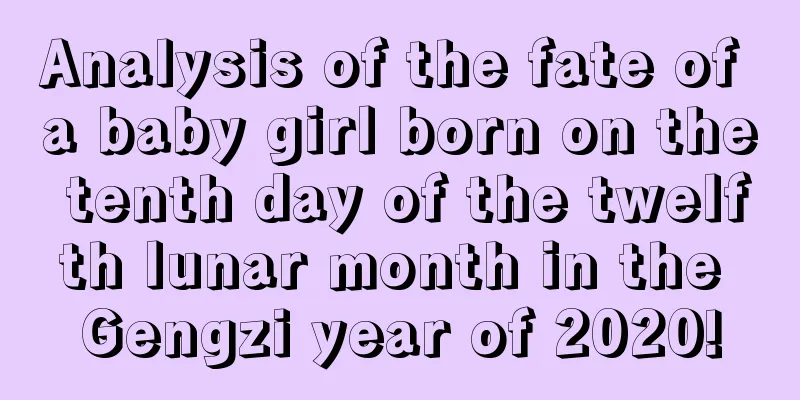What is the origin of eating glutinous rice balls during the winter solstice in 2017?

The Winter Solstice is the 22nd solar term in the 24 solar terms in my country. Over the long history, various customs and habits have gradually formed during the Winter Solstice. So what is the origin of eating dumplings during the Winter Solstice in 2017? In the eleventh month of the lunar calendar, whether it is weddings or family affairs, everything is happy. The Fortune Teller website brings you the blessings of the winter month to bring you auspicious warmth. I wish you all the best!What is the origin of eating glutinous rice balls during the winter solstice in 2017?Theory of why we eat glutinous rice balls on the winter solstice <br /> In the ancient times, Emperor Yao ordered the brothers Xi and He to calculate the sun, moon and stars to determine the seasons and solar terms. The Winter Festival existed in the Zhou Dynasty, and the king would hold a ceremony to worship the sky on the winter solstice. After the Han Dynasty, activities such as offering sacrifices to heaven, worshiping gods, worshiping ancestors, and celebrating the winter were held every winter solstice. During the Tang and Song dynasties, the ceremonies became more grand, with grand events held in various places. There was even a saying that "Winter Solstice is as important as New Year's Day." During the Ming and Qing dynasties, on the day of the winter solstice, each family would make glutinous rice balls to worship gods and ancestors, and then the family would reunite and eat the glutinous rice balls. This was called "adding another year". So according to folk customs, if you eat glutinous rice balls on the day of the winter solstice, you will be one year older.In the past, in the agricultural society, one or two days before the winter solstice, every household would start preparing festival offerings and making rice dumplings. First, soak the glutinous rice in water, grind it into rice paste with a stone mill, and then squeeze out the water to make "glutinous rice dumplings". The night before, families of all ages would gather together and roll them into dumplings. The dumplings were divided into two types, red and white. The red ones were called "gold dumplings" and the white ones were called "silver dumplings". On the day of the winter solstice, before daybreak, women get up, light a fire and cook glutinous rice balls, first to pay homage to heaven and ancestors, and then the whole family gather together to eat the dumplings. Therefore, eating glutinous rice balls during the winter solstice not only represents the gradual return of the sun (sunshine), but also represents reunion. Modern people prefer to regard it as a symbol of perfection. Why do we eat tangyuan on winter solstice? 2. <br /> 1) In Teochew dialect, winter solstice means "party time", which means sitting at home and waiting for food. 2) Chaoshan people are called the Jews of the East, and Chaoshan folk customs also play an important role in the south. It is said that there is a folk proverb in Chaoshan that "Dongjiewan, once you eat it, it's the New Year", commonly known as "adding a year", which means that although the new year has not yet passed, everyone has added a year. Children look forward to eating this bowl of sweet pills the most, and often wake up at night to ask if it is daybreak. However, the sky seemed to be playing a joke on the children and it never got light, so there was a nursery rhyme in Chaozhou: "Winter Festival night is long, the sweet dumplings are not cooked and the sky is still dark." In fact, the night is the longest on the winter solstice every year, and it gradually becomes shorter after the winter solstice. In the past, people in Chaoshan cities and towns had the custom of worshiping the "Lingling God" with sweet glutinous rice balls, preparing three kinds of animals to offer sacrifice to ancestors and sweeping tombs on the Winter Solstice. Sweeping tombs on the Winter Solstice was called "Winter Paper". If it is less than three years since a person passed away, descendants should offer "spring paper" during the Qingming Festival when visiting the grave, and "winter paper" afterwards. Tomb sweeping on the Winter Solstice is a good way to entertain the body and mind because there is little rain and plenty of sunshine in winter, so it is more convenient to hold ancestor worship in the mountains. It is also an opportunity to go on a picnic. 3) The concept of regional popularization or adapting to local customs has been deeply rooted. Northerners like to eat dumplings, and they say that eating ear-shaped things will prevent their ears from freezing off. Most of our southern friends do not believe this. We say that "round" means "reunion" and "perfection", and eating dumplings on the winter solstice symbolizes family harmony and auspiciousness. 4) In order to gain everyone’s support for eating glutinous rice balls during the winter solstice in the south, JJ Lin released a special song called “Jiangnan” and became famous overnight. The lines “circles and circles, sweet, sticky and sweet” and “I believe that sweetness is better than eternal roundness” both vividly depict the characteristics of glutinous rice balls. |
<<: What is the origin of eating dumplings during the Winter Solstice in 2017?
>>: Is November 21st of the lunar calendar 2017 an auspicious day?
Recommend
Where is the God of Wealth on the seventh day of the eighth lunar month in 2020?
The eighth month of the lunar calendar is Mid-Aut...
What kind of gift is good for Labor Day to express your feelings?
Introduction: Chinese people have always had the h...
Check the lunar calendar for April 15th, 2019. Is it a good day?
Shuimoxiansheng.com has carefully compiled detail...
Suitable days for travel in December 2021, a list of auspicious days for travel in December
The twelfth month is at the end of the year, the m...
Why do we eat Chongyang Cake on Double Ninth Festival?
Introduction: The Double Ninth Festival is a tradi...
Analysis of the fate of those born on the Dragon Boat Festival: Is the fate of children born on the Dragon Boat Festival good?
Introduction: People cannot choose the day they ar...
What are the auspicious days in the seventh month of the lunar calendar in the Year of the Pig 2019?
Many people pay attention to choosing auspicious d...
Is April 24th of the lunar calendar 2017 a good day to get married?
Introduction: Marriage is a major event in everyon...
Can’t we move house in the sixth month of the lunar calendar? Recommended auspicious days for moving in June of the lunar calendar in 2021
There are certain rules and regulations for choosi...
Is it appropriate to offer sacrifices to graves on the third day of the seventh lunar month in 2022?
Is it appropriate to offer sacrifices to graves on...
What are the blessings for International Women’s Day that you should say to your mother?
What are the blessings for International Women’s D...
Can I move house on the sixth day of the sixth lunar month in 2017? Can I move into a new home?
1. What day is the sixth day of the sixth lunar m...
When is the Big Snow solar term in 2021? Is it cold during the Big Snow season?
Speaking of the Big Snow solar term, I believe eve...
Who are the great men and celebrities who were born on the Ghost Festival on the 15th day of the seventh lunar month? What is the fate of people born on the Ghost Festival?
The Zhongyuan Festival is also known as the Ghost ...
What is the lunar calendar for November 26, 2021? Can I have a haircut?
November in the lunar calendar is one of the colde...
